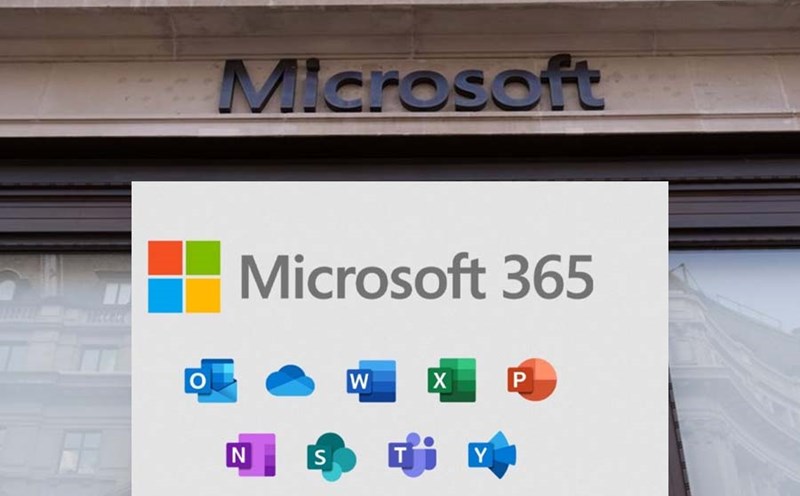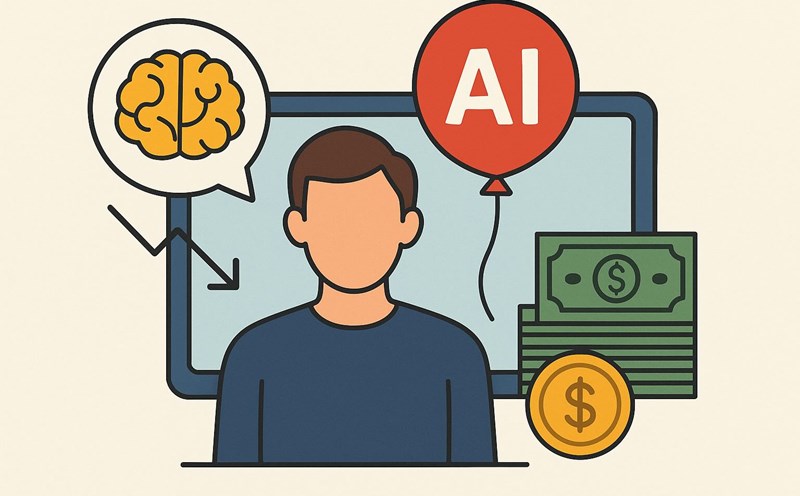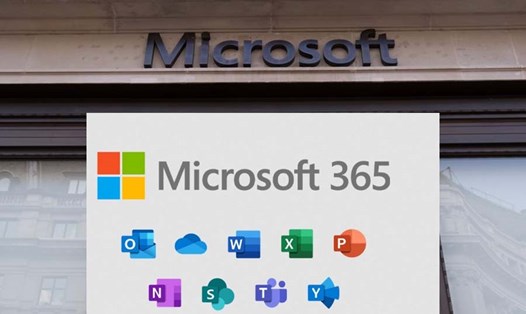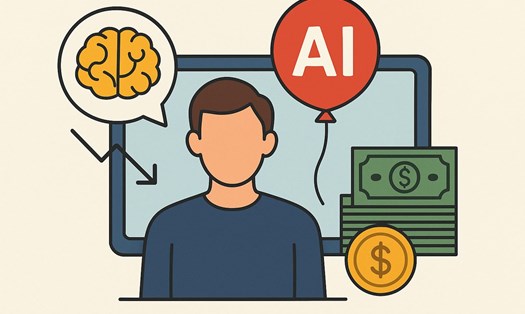According to data from the London Stock Exchange (LSEG), the four technology giants and global cloud computing companies will spend up to $400 billion on AI infrastructure in 2025. However, the real benefits that AI brings to businesses have not been verified.
Many top leaders such as Sam altman ( OpenAI), Jeff Bezos ( Amazon) and David Solomon (Goldman Sachs) have recently warned that the value of technology stocks is far beyond the real foundation, recalling the image of the dotcom bubble in the late 1990s (1990s).
Investors, although still excited, have begun to reuse the risk-off strategies used during the dotcom period to avoid major losses.
A study by the Massachusetts Institute of Technology (MIT) shows that out of more than 300 surveyed AI projects, only 5% have significant improvements, while the rest are stalled due to ineffective integration into workflows or failure to scale.
Andrej Karpathy, co-founder of OpenAI, commented: The industry is going too fast, trying to act like everything is great, but in reality it is not.
Since ChatGPT was launched at the end of 2022, the AI wave has helped increase Big Tech's capitalization value by 6,000 billion USD, partly due to growth expectations, not actual profits.
The fluctuating transactions between companies make the financial world even more hesitant. Nvidia is reportedly considering investing $100 billion in OpenAI, while OpenAI has signed a $1 trillion deal with Oracle to buy computing power.
Meta has also recently raised $27 billion from Blue Owl Capital to build a data center, in the context of debt becoming a popular funding tool for AI investment waves.
Professor Ahmed Banafa (san Jose State University) commented: "When companies are jointly funded and dependent on each other, investment decisions may no longer be based on actual needs but only to strengthen growth expectations."
However, some investors still believe in the long-term future.
In the third quarter, Microsoft Azure's cloud computing segment is expected to grow by 38.4%, far surpassing Google Cloud (30.1%) and Amazon Web Services (18%). Although coaches are still leading, they have begun to fall behind as competitors make better use of the AI collaboration wave.











